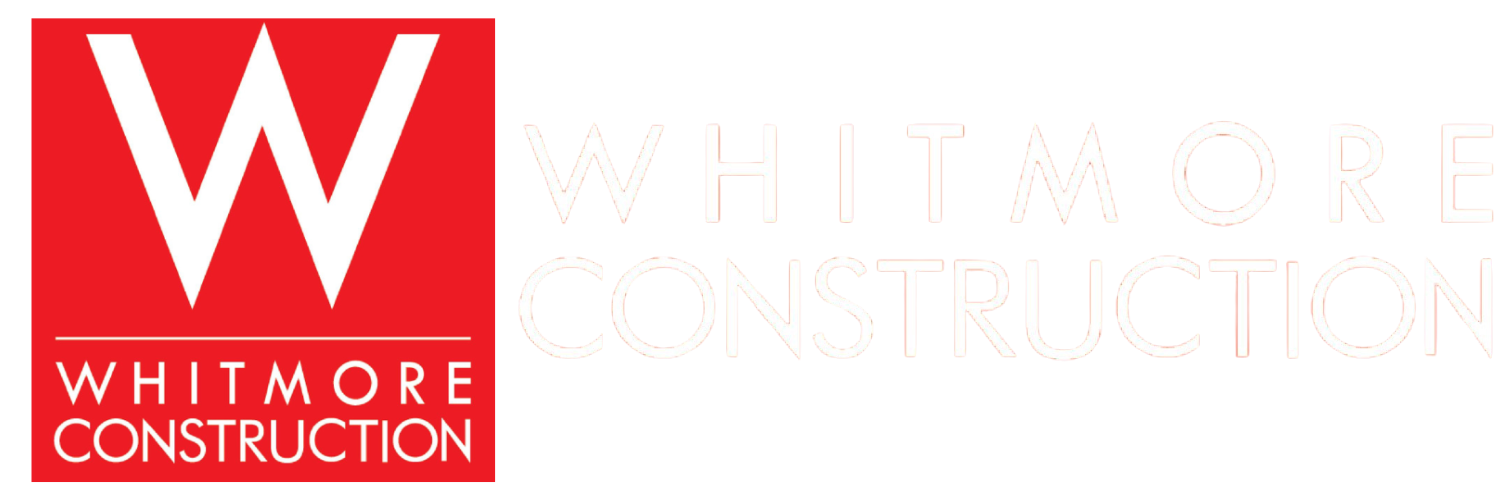 In the evolving landscape of the construction industry, managing cash flow is crucial for success. One strategy gaining popularity among construction companies in Dallas is invoice factoring. This financial tool helps businesses maintain liquidity while they focus on project execution. In this article, we’ll explore the intricacies of invoice factoring and its significance for construction companies in Dallas.
In the evolving landscape of the construction industry, managing cash flow is crucial for success. One strategy gaining popularity among construction companies in Dallas is invoice factoring. This financial tool helps businesses maintain liquidity while they focus on project execution. In this article, we’ll explore the intricacies of invoice factoring and its significance for construction companies in Dallas.
Understanding Invoice Factoring
Invoice factoring is a financial transaction in which a business sells its receivables (invoices) to a third party (the factor) at a discount. This allows companies to access immediate funds rather than waiting for clients to pay their invoices. Given the often prolonged payment cycles in construction, this can be a significant advantage. By converting invoices into cash quickly, businesses can invest in new projects, purchase necessary materials, or even expand their workforce, all of which can contribute to growth and increased competitiveness in the market.
The Basics of Invoice Factoring
At its core, invoice factoring involves three parties: the construction company, the customer (debtor), and the factoring company. The construction business submits its invoices to the factoring company, which then verifies them and pays a percentage upfront (typically 70-90%). The remaining balance, minus fees, is paid to the business once the customer pays the invoice. This structure not only streamlines cash flow but also allows businesses to focus on their core operations rather than spending time on collections and follow-ups.
This process provides an immediate influx of cash, enabling companies to manage operational expenses, pay suppliers, and meet payroll obligations without delay. Unlike traditional loans, factoring is based on the value of the invoices rather than the creditworthiness of the business. This makes it particularly appealing for startups or businesses with less established credit histories, as they can still access necessary funds without the burden of stringent credit checks.
Why Invoice Factoring is Important for Businesses
One of the primary reasons businesses engage in invoice factoring is to alleviate cash flow pressure. In industries like construction, wherein projects can take weeks or months to complete and payments can be delayed, access to quick capital is invaluable. The ability to convert invoices into cash almost instantly can mean the difference between seizing new opportunities or missing out due to financial constraints. Moreover, it allows businesses to maintain a steady workflow, ensuring that they can take on new projects without the fear of cash shortfalls.
Additionally, factoring can help businesses avoid the pitfalls of excessive debt. Instead of incurring more loans, companies can use their existing client contracts as leverage to improve liquidity and stabilize their financial health. This approach not only helps in managing day-to-day expenses but also fosters a more sustainable business model. Furthermore, many factoring companies offer additional services such as credit checks on clients and collection services, which can further reduce the administrative burden on construction firms and enhance their overall operational efficiency.
The Role of Invoice Factoring in Construction
The construction industry faces unique financial challenges, primarily due to the unpredictable nature of project timelines and client payment schedules. Contractors often experience lags between when work is completed and when they receive payment, creating a cycle of cash flow shortages.
Cash Flow Challenges in the Construction Industry
Cash flow shortages can lead to severe consequences for construction companies. Issues such as the inability to pay subcontractors, delayed project initiations, or missed opportunities can arise, negatively impacting overall business performance.
Moreover, the construction industry is heavily reliant on numerous stakeholders, including suppliers and subcontractors, who require timely payments that can strain a contractor’s finances if cash flow is not properly managed. Thus, finding a solution to these cash flow issues is paramount.
How Invoice Factoring Solves Construction Cash Flow Problems
Invoice factoring addresses these cash flow challenges directly. By converting outstanding invoices into immediate cash, construction companies can better manage their liquidity. This financial flexibility allows them to cover payroll, purchase necessary materials, and even take on new projects with confidence.
Furthermore, factoring helps mitigate the risks associated with late payments from clients, which is frequent in the construction sector. This not only helps maintain relationships with subcontractors but also strengthens overall project execution and delivery.
The Process of Invoice Factoring for Construction Companies
Engaging in invoice factoring is relatively straightforward, but it is essential for construction companies to understand the entire process to maximize its benefits. This section will provide a clear overview of the steps involved.
Step-by-Step Guide to Invoice Factoring
- Identify eligible invoices: Companies need to review their outstanding invoices to determine which ones are eligible for factoring.
- Choose a factoring partner: Research local factoring companies, focusing on their terms, fees, and reputation.
- Submit invoices: Once a factoring partner is chosen, the company submits the invoices for verification.
- Receive cash advance: Upon approval, the factoring company provides an upfront percentage of the invoice value.
- Client payment: When the customer pays the invoice, the factoring company deducts their fees and pays the remaining balance back to the construction company.
Key Terms in Invoice Factoring
When exploring invoice factoring, it’s important to familiarize oneself with key terms. Some of these include:
- Advance Rate: The percentage of the invoice value that the factoring company pays upfront.
- Factor Rate: The fee charged by the factoring company, often expressed as a percentage of the invoice value.
- Recourse Factoring: A type of factoring where the original business remains liable if the invoice is not paid.
Benefits of Dallas Invoice Factoring for Construction Companies
For construction companies operating in Dallas, engaging in invoice factoring can yield numerous benefits, helping to foster a more robust financial environment.
Improving Cash Flow with Invoice Factoring
By accessing funds tied up in unpaid invoices, construction companies can significantly enhance their cash flow. This improved liquidity allows for better control over business operations, enabling timely payments to suppliers and subcontractors.
Furthermore, the reduction in cash flow-related stress leads to better decision-making and project management, ultimately contributing to overall business growth.
Growth Opportunities through Invoice Factoring
Invoice factoring not only stabilizes cash flow but also opens the door to new growth opportunities. With readily available cash, construction companies can invest in expanding their capabilities, taking on larger projects, or exploring new markets.
The ability to scale operations quickly while maintaining steady cash flow is a critical advantage that can differentiate successful construction firms in the competitive Dallas market.
Choosing the Right Invoice Factoring Company in Dallas
Selecting an appropriate factoring partner is crucial for maximizing the benefits of invoice factoring. Several factors must be considered to ensure the right fit for a construction company’s needs.
Factors to Consider When Selecting a Factoring Company
- Fees and Rates: Analyze the fee structure and ensure it aligns with your financial plans.
- Contract Terms: Review the terms of engagement, including commitment lengths and recourse agreements.
- Customer Service: Assess the level of support and accessibility provided by the factoring company.
The Role of Local Expertise in Invoice Factoring
Choosing a local factoring company in Dallas has its advantages. Local firms typically have a better understanding of the regional construction market and its unique challenges. They often provide personalized service that aligns with the specific needs of companies in the area.
Moreover, local expertise can lead to better communication throughout the factoring process, facilitating smoother transactions and more favorable terms for construction companies as they navigate their financial requirements.
In summary, Dallas invoice factoring is a powerful tool for construction companies seeking to solidify their cash flow and drive growth. Through an understanding of the process, benefits, and careful selection of a factoring partner, construction businesses can position themselves for success in an ever-competitive industry.
Ready to enhance your construction company’s financial stability and seize new growth opportunities? Look no further than Whitmore Construction. Our comprehensive in-house services and partnerships with trusted vendors ensure that your project is our top priority, with a commitment to excellence and continuous improvement. Whether you’re dealing with aerial or underground construction, our experienced team is equipped to handle the demands of any utility construction need, ensuring your project’s integrity from start to finish. Don’t let cash flow challenges hinder your progress. Start Now! and take the first step towards a partnership that will elevate your construction projects to new heights.
